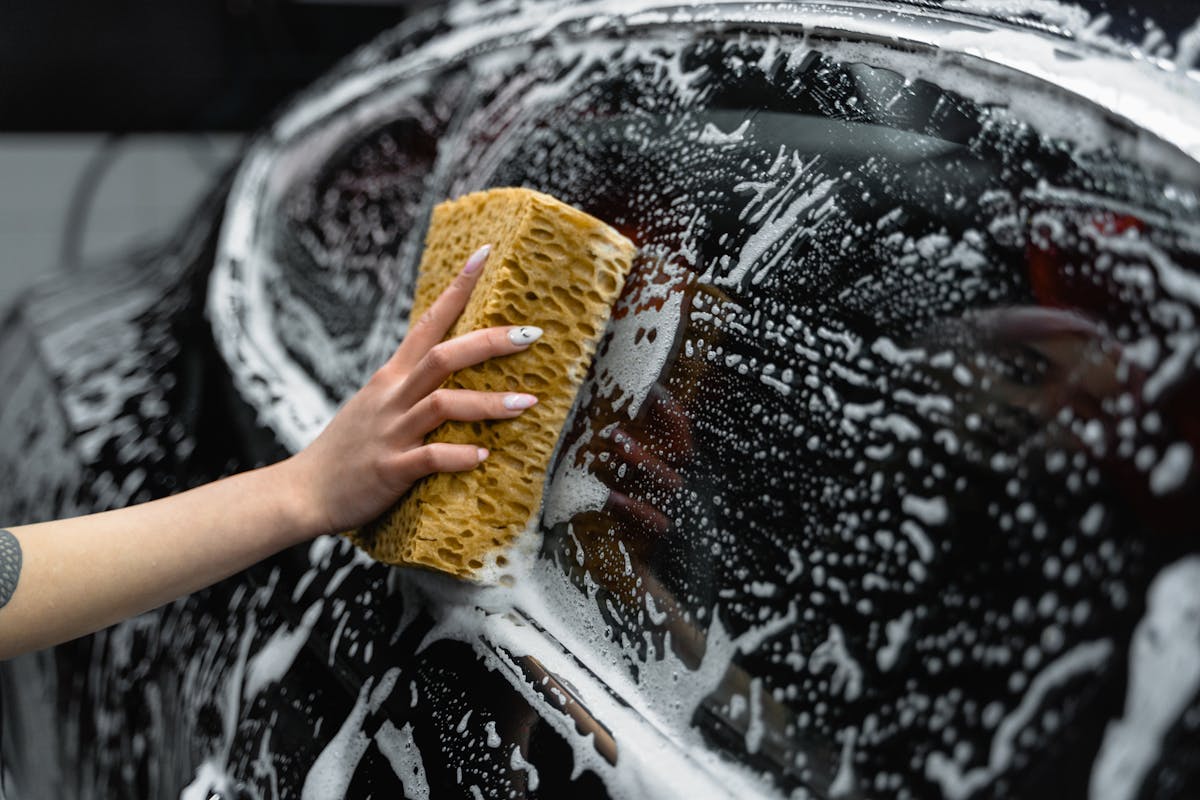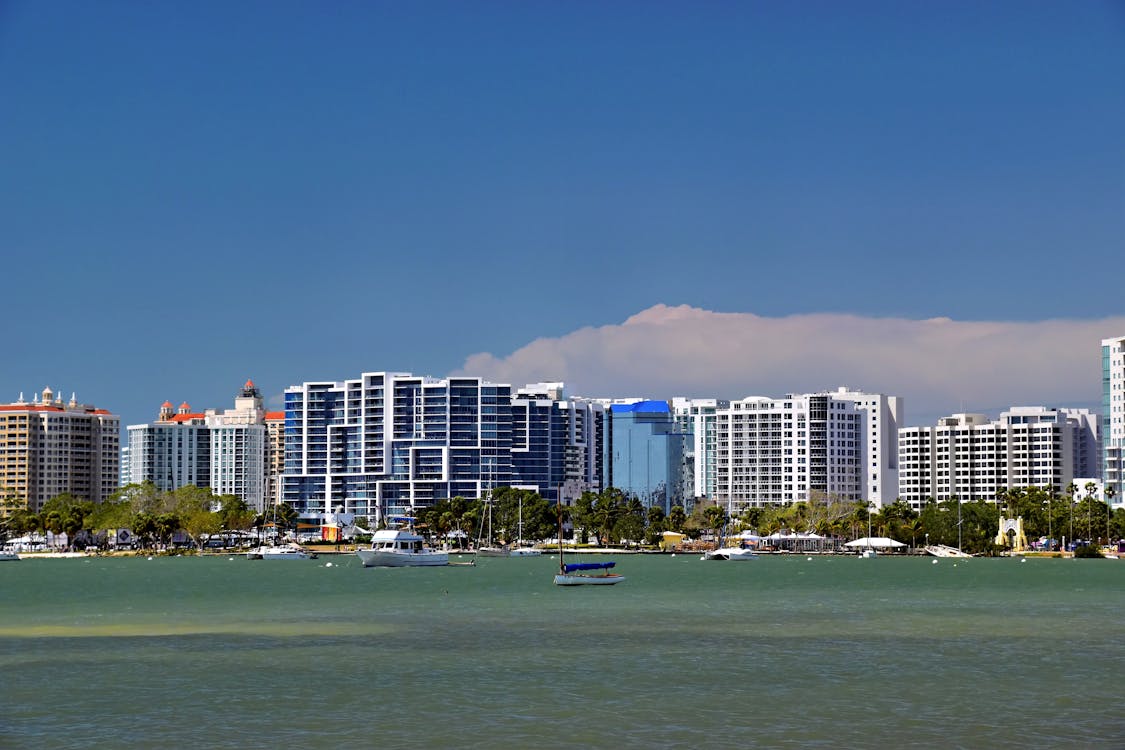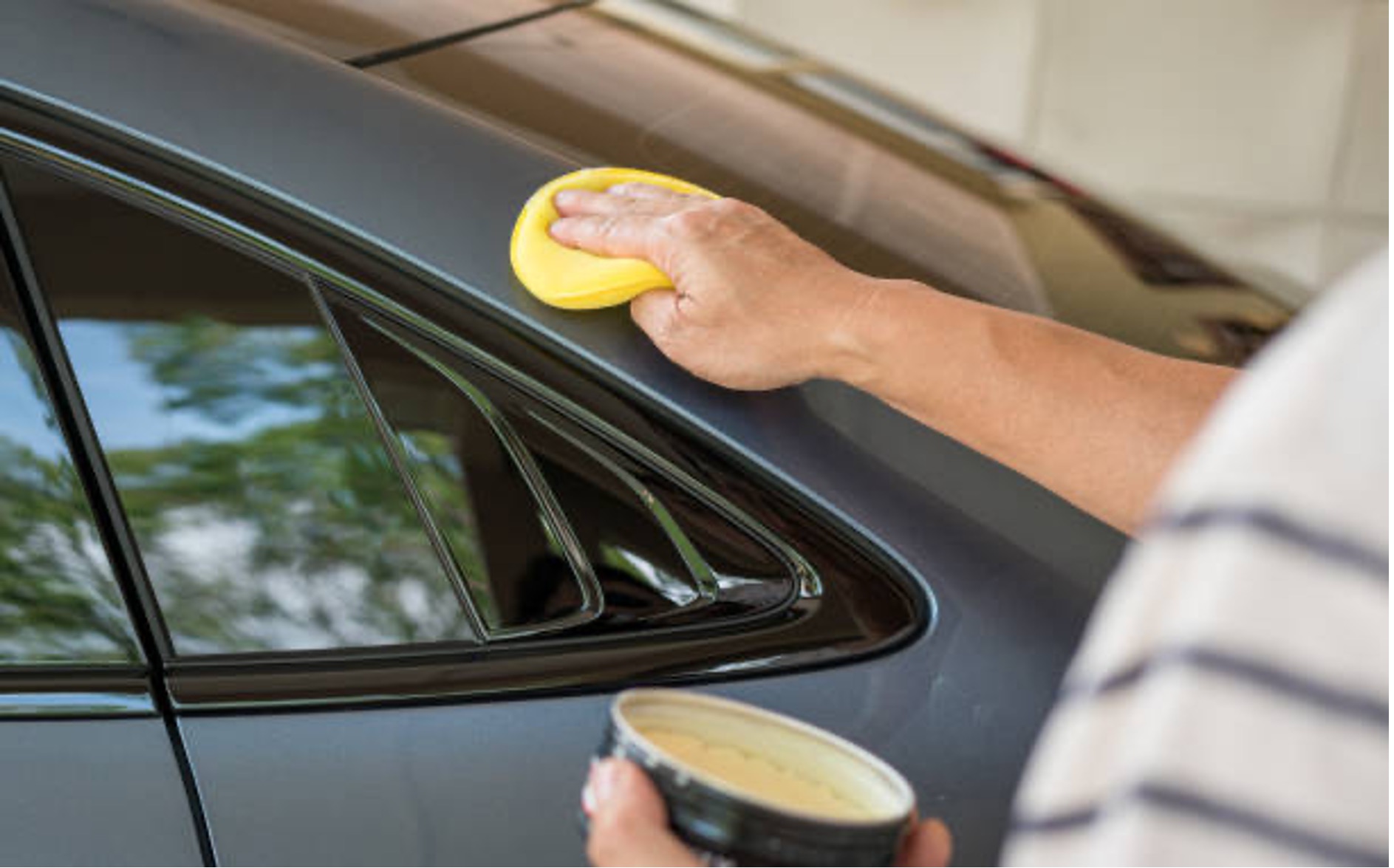Florida's sun, salt air, and unpredictable weather can wreak havoc on your car's finish. Discover effective strategies for protecting your vehicle's paint from environmental damage.
Florida's unique climate presents several challenges for maintaining your vehicle's paint. Intense UV rays, salt air in coastal areas, frequent rain, and occasional tropical storms can all take a toll on your car's exterior. Implementing a comprehensive protection strategy can help preserve your vehicle's appearance and value in these challenging conditions.
Understanding Paint Hazards
Florida vehicles face several specific environmental threats. UV damage is particularly severe, as Florida receives more UV radiation than most other states, which can fade and oxidize paint over time. Coastal areas experience salt air that can accelerate corrosion on metal surfaces. High humidity promotes the growth of mold and mildew, while acid rain from industrial emissions can etch into clear coats. Additionally, organic matter like tree sap and bird droppings are especially problematic in Florida's warm climate.
Regular Washing
Frequent washing is your first line of defense. In coastal areas, washing your vehicle weekly helps remove salt deposits before they cause damage. Use pH-balanced car wash products specifically formulated for automotive finishes. Avoid washing in direct sunlight, as this can cause water spots that etch into the clear coat.
📖 Related Article:

Why Regular Car Washing Is Essential for Your Vehicle's Health
Discover why regular car washing is more than just about appearances. Learn how consistent cleaning protects your vehicle's paint and prevents long-term damage.
 Michael Rodriguez
Michael Rodriguez
Waxing Protection
Traditional carnauba wax provides good protection but requires reapplication every 2-3 months in Florida's climate. Synthetic polymer waxes can extend protection to 4-6 months. Either option creates a sacrificial layer that absorbs damage instead of your paint.
Paint Sealants
Paint sealants offer longer-lasting protection than traditional waxes, typically providing 6-12 months of protection. These synthetic products bond more effectively to paint surfaces and offer enhanced resistance to UV rays and chemical contaminants.
Ceramic Coatings
For maximum protection, professional ceramic coatings create a semi-permanent bond with your vehicle's paint. These silicon dioxide-based coatings can last 2-5 years and provide superior protection against UV rays, chemical stains, and water spotting. While more expensive upfront, their durability makes them cost-effective for Florida vehicles.
Paint Protection Film
Clear paint protection film (PPF) provides physical protection against road debris, insect impacts, and minor scratches. Modern films are virtually invisible and can be applied to high-impact areas or the entire vehicle. Many films now include self-healing properties that allow minor scratches to disappear with heat exposure.
Parking Strategies
Whenever possible, park in covered or garage parking to minimize sun exposure. If covered parking isn't available, consider using a high-quality car cover specifically designed for UV protection when your vehicle will be parked for extended periods.
Professional Care
Consider professional paint correction services annually to address minor imperfections before they worsen. This process removes fine scratches, water spots, and oxidation, restoring your paint's luster and preparing it for protective coatings.
Long-term Benefits
By implementing these protection strategies, you can significantly extend the life of your vehicle's paint despite Florida's challenging climate. The investment in proper care will maintain your car's appearance and help preserve its resale value for years to come.

About Jennifer Williams
Jennifer Williams is a car care expert with years of experience in the car wash industry. Specializing in vehicle maintenance and detailing, offering practical tips and professional insights to help keep any car in top condition.

